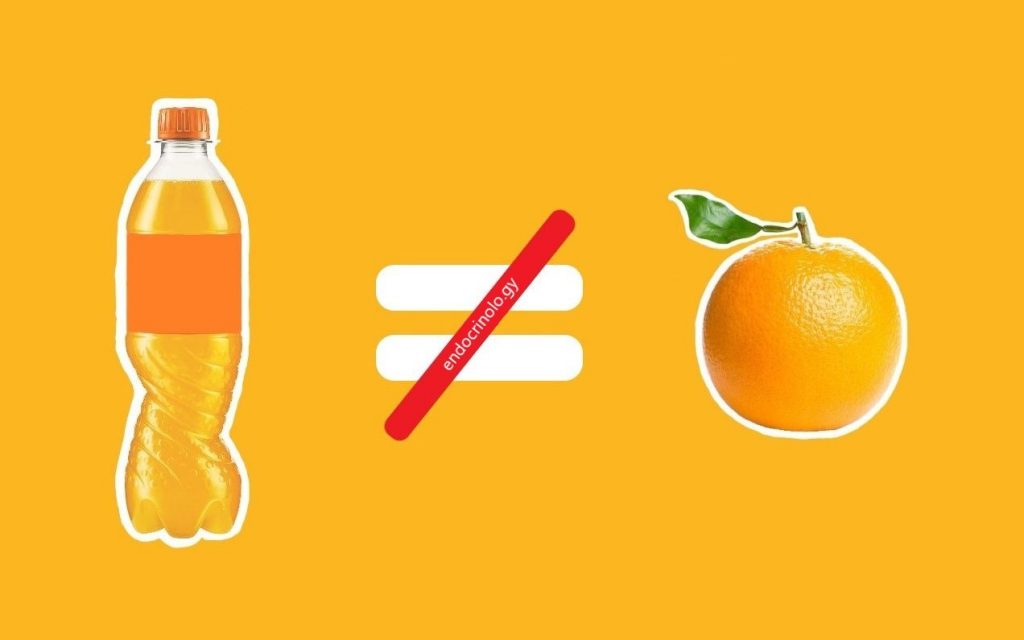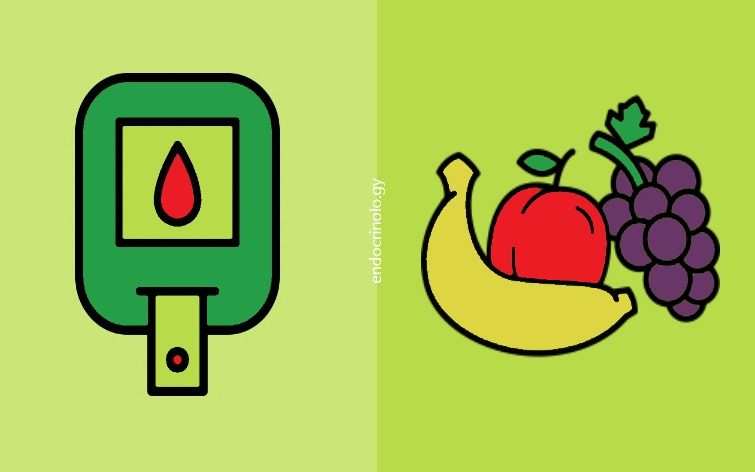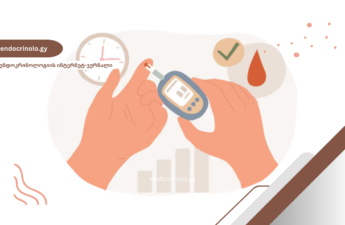Carbohydrates are one of the main macronutrients in our diet, along with proteins and fats.
The chemical formula of the molecule includes carbon, hydrogen, and oxygen atoms, which is where its name comes from.
The role of carbohydrates in the body
Carbohydrates supply the body with glucose, and glucose is the main source of energy for the brain, muscles, and other organs.
With this energy, we perform such obvious functions as movement and thinking, as well as many background processes taking place in the body that we don't even notice.
In addition to providing energy, carbohydrate intake determines glucose and insulin levels, participates in the metabolism of cholesterol and triglycerides, participates in fermentation processes in the intestines, and much more.
Types of carbohydrates
Carbohydrates vary significantly in structure and composition, and their effects on the body also vary.
Simple carbohydrates – consist of one or two sugar molecules and, because they have a simple chemical structure, their absorption from the gastrointestinal tract does not require much effort. Because of this, its passage into the bloodstream, increasing glucose levels, and activating insulin secretion occur at a rapid pace.
Complex Carbohydrates – Here, three or more sugar molecules are linked together by complex chemical bonds, which makes it structurally difficult to process. Therefore, the absorption of complex carbohydrates, their passage into the bloodstream, and the production of insulin in response occur more slowly and gradually.
Starch is a type of complex carbohydrate. Its reserves are formed and stored in plant products. It is a good source of energy and part of a healthy diet, although some forms of it break down and are absorbed quite quickly, increasing blood glucose levels.
Fiber – is also a type of complex carbohydrate. It is not absorbed from the intestines, but its benefits to the body are very great. Fiber ensures the prolongation and regulation of the process of food processing and absorption. It increases satiety and regulates appetite. It has the ability to lower cholesterol levels, regulate blood sugar levels, help the body maintain a healthy weight, and therefore, it also provides effective prevention of obesity, heart disease, and diabetes.
Carbohydrate metabolism
The body breaks down carbohydrates from food into simple sugars in the gastrointestinal tract, which are then absorbed into the bloodstream.
The movement of glucose into the bloodstream is a signal to the pancreas to secrete the hormone insulin.
Insulin is necessary to allow glucose to enter cells and enable them to use it as an energy source.
When we consume simple carbohydrates, they don't require much processing by the digestive system because they are already broken down and enter the body in a simplified form.
Consequently, its passage into the bloodstream occurs instantaneously and the level of glucose in the blood increases rapidly, which requires a rapid and intense release of insulin from the pancreas.
In contrast, complex carbohydrates take some time to be processed and absorbed into the bloodstream.
The energy supply to the cells is relatively slow, and this type of food lasts longer in the body. Accordingly, the feeling of fullness lasts longer.
Glucose that the body does not need right away is stored as a reserve in the liver and muscles.
And if you consume too many carbohydrates, the glucose, which is not stored in your body, is converted into fat and stored in this form so that your body can have continuous energy between meals.
Some complex carbohydrates cannot be absorbed from the intestines and instead undergo fermentation by intestinal bacteria (an example is resistant starch), while some pass through the gastrointestinal tract unchanged (cellulose).
Good and bad carbohydrates
Carbohydrates in general have a bad reputation. However, of course, such a general formulation is incorrect. It is necessary to differentiate between “good” and “bad” carbohydrates.
"Good" carbohydrates come from whole and minimally processed foods, such as grains, legumes, brown rice, dairy products, and vegetables.
That is, products that belong to complex carbohydrates and are rich in fiber, vitamins, and minerals.
The category of "bad" carbohydrates includes carbohydrates with a simple structure, such as, for example, white high-quality flour, carbonated drinks, and sweets.
Carbohydrates and diabetes (glycemic index)
Diabetes mellitus is a disorder of carbohydrate metabolism.
The main problem is caused by simple carbohydrate products, which increase blood glucose levels very quickly, making it difficult to manage the disease.
Such carbohydrates are known to have a high glycemic index and their consumption should be limited as much as possible for diabetes and for general healthy eating.
To help choose healthy carbohydrates for diabetes, products are classified according to their glycemic index.
The glycemic index is a characteristic of a food that rates, on a scale of 0 to 100, how quickly and how high blood sugar levels rise after consuming it.
The categorization according to the glycemic index somewhat coincides with the division into “bad” and “good” carbohydrates, although the difference lies in the starch-containing group.
The more processed a starchy food is, the higher its glycemic index and the more difficult it is to manage diabetes.
An example of this is wheat, which loses more nutritional value the more finely it is processed to make flour.
Vegetables containing starchy products include: potatoes, corn, beets, and pumpkin.
Other carbohydrates also fall into the high glycemic index category: white bread, pasta, white rice, sugary foods and drinks.
Products with a low glycemic index that contain fiber are considered a healthy option.
In other words, healthy carbohydrates also include foods rich in fiber.
Such products include: whole grain (whole grain) porridge, such pasta and brown rice, oats and all grains that are made with their own skin, fruits (especially with the skin) and vegetables, beans, peas, lentils.
In addition to these products, low-fat milk, cheese, and yogurt are also good sources of carbohydrates. You can safely use these products in your diet by controlling the quantity.
Summary facts about carbohydrates
Carbohydrates are the body's main source of energy and are also the most rapidly available compared to other resources, making them especially important during physical activity.
The normal proportion of carbohydrates in the daily diet is 45-65%.
The daily carbohydrate intake depends on age, gender, level of physical activity, and comorbidities. According to general recommendations, it is approximately 225-325 grams.
If you are diagnosed with diabetes, it is permissible to consume 45-60 grams of carbohydrates per meal.
A diet with minimal carbohydrate restriction is not a safe option and may contain certain health risks.
Not all carbohydrates are associated with weight gain.
A weight loss program should include healthy complex carbohydrates and eliminate simple sugars.
In diabetic nutrition, the glycemic index of products should also be taken into account.
Author: Elga Giorgadze (MD of Endocrinology)






